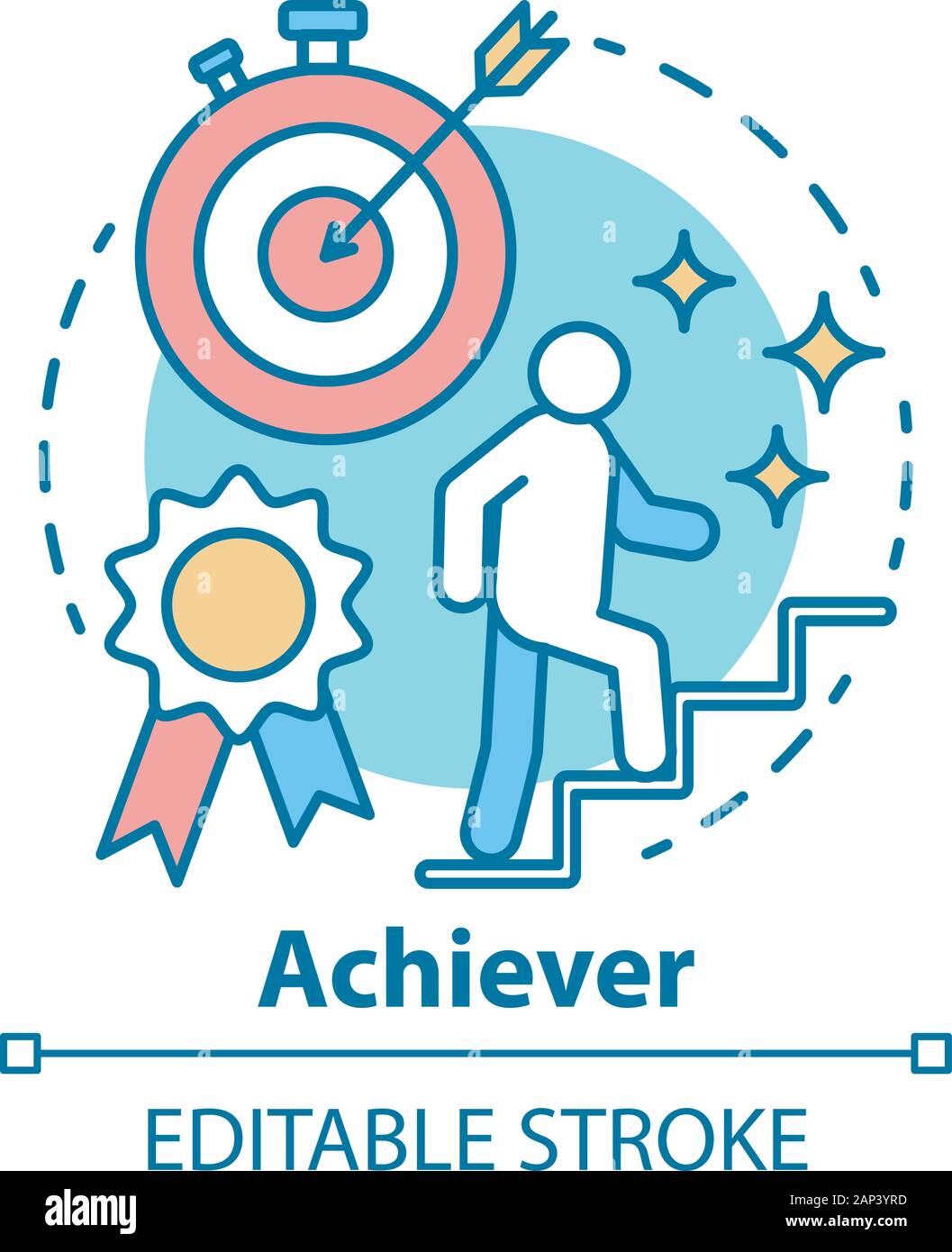How To Achieve Good Blood Sugar Levels? Daily Tips

Achieving good blood sugar levels is crucial for overall health, especially for individuals with diabetes or those at risk of developing the condition. Managing blood sugar levels effectively can help prevent complications such as heart disease, kidney damage, and nerve damage. Here are daily tips to help you achieve good blood sugar levels:
Understanding Blood Sugar Levels
Before diving into the tips, it’s essential to understand what blood sugar levels are and how they affect the body. Blood sugar levels, also known as blood glucose levels, refer to the amount of glucose present in the blood. Glucose is a type of sugar that serves as the primary source of energy for the body’s cells. When you eat, your body breaks down carbohydrates into glucose, which is then absorbed into the bloodstream. The pancreas releases insulin, a hormone that helps regulate blood sugar levels by facilitating the uptake of glucose by cells.
Tip 1: Eat a Balanced Diet
A well-balanced diet is crucial for maintaining good blood sugar levels. Focus on consuming whole, unprocessed foods such as vegetables, fruits, whole grains, lean proteins, and healthy fats. These foods are rich in fiber, vitamins, and minerals, which can help slow down the digestion and absorption of glucose, thereby preventing sudden spikes in blood sugar levels.
Some of the best foods for blood sugar control include:
- Leafy Greens: Spinach, kale, and collard greens are rich in fiber and antioxidants, which can help regulate blood sugar levels.
- Berries: Berries such as blueberries, strawberries, and raspberries are rich in fiber and antioxidants, making them an excellent choice for blood sugar control.
- Fatty Fish: Fatty fish such as salmon, tuna, and mackerel are rich in omega-3 fatty acids, which can help reduce inflammation and improve insulin sensitivity.
- Sweet Potatoes: Sweet potatoes are rich in fiber and have a low glycemic index, making them an excellent choice for blood sugar control.
Tip 2: Stay Hydrated
Staying hydrated is essential for blood sugar control. Water helps the kidneys remove excess glucose from the blood, and even mild dehydration can cause blood sugar levels to rise. Aim to drink at least eight glasses of water per day, and consider increasing your intake if you are physically active or live in a hot climate.
Tip 3: Exercise Regularly
Regular exercise is critical for maintaining good blood sugar levels. Exercise helps improve insulin sensitivity, allowing glucose to enter cells more efficiently. Aim for at least 150 minutes of moderate-intensity aerobic exercise, or 75 minutes of vigorous-intensity aerobic exercise, or a combination of both, per week. Additionally, incorporate strength-training exercises, high-intensity interval training (HIIT), and flexibility exercises into your routine.
Tip 4: Get Enough Sleep
Getting enough sleep is vital for blood sugar control. When you don’t get enough sleep, your body produces stress hormones such as cortisol, which can raise blood sugar levels. Aim for 7-8 hours of sleep per night and establish a consistent sleep schedule to help regulate your blood sugar levels.
Tip 5: Manage Stress
Chronic stress can raise blood sugar levels by causing the body to produce more cortisol and other stress hormones. Engage in stress-reducing activities such as yoga, meditation, or deep breathing exercises to help manage stress and regulate blood sugar levels.
Tip 6: Monitor Your Blood Sugar Levels
Regularly monitoring your blood sugar levels is essential for understanding how your body responds to different foods, activities, and stress levels. Use a blood glucose meter to track your blood sugar levels, and work with your healthcare provider to develop a personalized plan for managing your blood sugar levels.
Tip 7: Limit Processed Foods and Sugary Drinks
Processed foods and sugary drinks can cause blood sugar levels to spike, as they are high in refined carbohydrates and added sugars. Limit your intake of these foods and drinks, and opt for whole, unprocessed foods instead.
Tip 8: Get Enough Fiber
Fiber is essential for blood sugar control, as it helps slow down the digestion and absorption of glucose. Aim for 25-30 grams of fiber per day from sources such as fruits, vegetables, whole grains, and legumes.
Tip 9: Incorporate Healthy Fats
Healthy fats such as avocados, nuts, and olive oil can help slow down the digestion and absorption of glucose, thereby preventing sudden spikes in blood sugar levels. Incorporate these foods into your diet to help regulate blood sugar levels.
Tip 10: Consult with a Healthcare Provider
Finally, consult with a healthcare provider to develop a personalized plan for managing your blood sugar levels. Your healthcare provider can help you create a tailored diet and exercise plan, as well as provide guidance on medication and other treatments if necessary.
Frequently Asked Questions
What are the normal blood sugar levels?
+Normal blood sugar levels vary throughout the day, but generally fall between 70-140 mg/dL. However, these levels can vary depending on factors such as age, diet, and physical activity level. Consult with a healthcare provider to determine your target blood sugar range.
How often should I check my blood sugar levels?
+The frequency of blood sugar checks depends on factors such as your diabetes type, treatment plan, and lifestyle. Generally, people with diabetes should check their blood sugar levels at least 4-6 times per day, including before meals, after meals, and before bedtime. Consult with a healthcare provider to determine the best schedule for your needs.
What are the symptoms of high blood sugar levels?
+Symptoms of high blood sugar levels can include increased thirst and urination, blurred vision, headaches, and fatigue. If left untreated, high blood sugar levels can lead to serious complications such as kidney damage, nerve damage, and heart disease. If you experience any of these symptoms, consult with a healthcare provider for guidance.
By following these daily tips and consulting with a healthcare provider, you can achieve good blood sugar levels and reduce your risk of developing complications related to diabetes and other health conditions. Remember, managing blood sugar levels is a journey, and it’s essential to be patient, consistent, and informed to achieve success.



